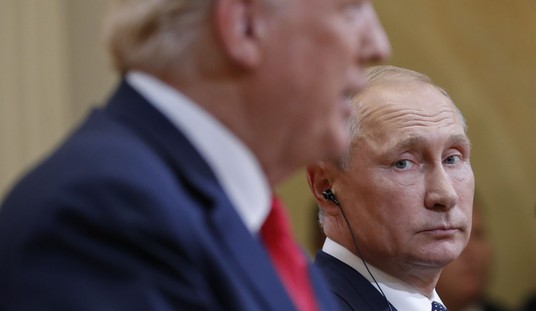The unexamined life, said Socrates, is not worth living; but sometimes I wonder whether the too-closely examined life is not worth living either, for examination uncovers dilemmas where none existed before.
Two articles in a recent edition of the New England Journal of Medicine ask the question of whether employers should, or have the right to, refuse to employ smokers, as increasing numbers do in the 21 states that permit such discrimination against them.
As is by now no secret, smokers are more likely to suffer from many types of illness than non-smokers, and their health insurance is therefore considerably more expensive than that of non-smokers. They impose costs on their employers which weigh upon all workers, smokers or not. (The authors do not take into account that smokers not only contribute to taxes by their habit but, by dying early, reduce pension costs.)
The authors worry that refusal to hire smokers would be discriminatory against people of lower social class, since it is among the latter that smoking is most prevalent. I am not sure that this is right: the majority of people in all social classes now do not smoke, while people who apply for jobs at any particular level are likely to be of the same social class. Except in the case where there is only one applicant for a job, then, it is likely that there will always be an applicant of any given social class who does not smoke. The discrimination remains against smokers, therefore, and not by proxy against members of lower social class.
What most interested me about these articles, however, was their uncritical acceptance of what might by now be called the official medical lie about addiction: namely that it is an involuntary condition beyond the powers of the individual to control. The authors of the first article say:
The broader claim that it is fair to exclude smokers because they are responsible for raising health care costs is too simplistic. It ignores the fact that smoking is addictive and therefore not completely voluntary. As many as 69% of smokers want to quit, but the addictive properties of tobacco make that exceedingly difficult: only 3 to 5% of unaided cessation attempts succeed. It is therefore wrong to treat smoking as something fully under an individual’s control.
The authors of the second article ask:
Is it fair to penalize smokers even though the highly addictive nature of nicotine makes their behavior less than entirely voluntary?
To this they reply:
In many surveys, about 70% of smokers say they want to quit, but only 2 to 3% succeed each year. One reason for this huge gap is that smoking cessation has immediate costs in the form of nicotine withdrawal…
This overlooks the fact that millions of people worldwide have in fact given up smoking merely as a result of their decision to do so (my mother and my wife among them). It also overlooks evidence that the authors of the first article supply:
Recent research also indicates that financial incentives can effectively promote smoking cessation. For example, a randomized, controlled trial involving employees of General Electric showed that a combination of incentives amounting to $750 led to cessation rates three times those achieved through information-only approaches (14.7% vs. 5.0%).
I think it a fair bet that if rewards substantially higher that $750 were offered — $10,000,000 shall we say — nearly 100 percent of smokers would be able to stop.
The problem is that all the authors suppose that if a man is the author of his own downfall he merits no sympathy; and since they want to be sympathetic, they deny that he is the author of his own downfall. But — as Hamlet said — use every man after his desert, and who should ‘scape whipping?
*****
ASK DR. DALRYMPLE?
Do you have a question about health and medicine you’d like to see addressed? Click below to contact PJ Lifestyle.













Join the conversation as a VIP Member